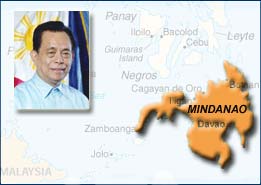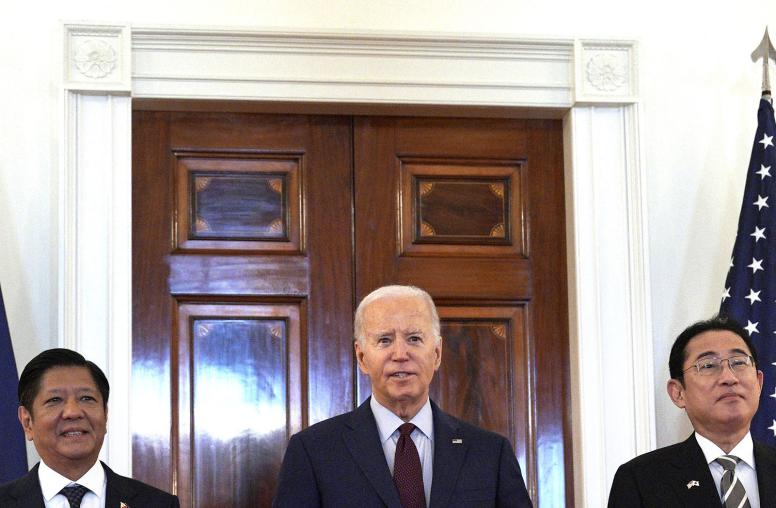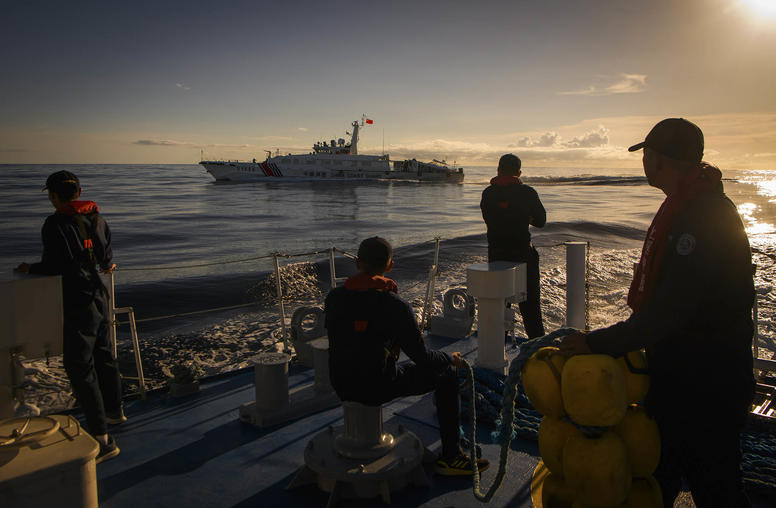The War Against Terrorism In The Philippines
 Image on right: Senator Aquilino Pimentel will discuss the spread of the war on terrorism to the Philippines, specifically Mindanao, where Abu Sayyaf guerrillas, allied with al Qaeda, have held two American missionaries hostage for more than six months.
Image on right: Senator Aquilino Pimentel will discuss the spread of the war on terrorism to the Philippines, specifically Mindanao, where Abu Sayyaf guerrillas, allied with al Qaeda, have held two American missionaries hostage for more than six months.
Conflict and violence are on the rise in the Philippines. Moderated by Institute President and former U.S. Ambassador to the Philippines Richard H. Solomon, a special panel of experts on April 2 discussed:
- The spread of the war on terrorism to the Philippines, specifically Mindanao, where Abu Sayyaf guerrillas, allied with al Qaeda, have held two American missionaries hostage for more than six months.
- The deployment of U.S. troops to train and assist Philippine forces.
- Other Islamic extremist groups that are active in the Philippines.
This presentation was webcast (audio-only) live on Tuesday and included questions from the floor and the Internet audience.
Speakers
- Senator Aquilino Pimentel
Senator from Mindanao & Senate Minority Leader - Amina Rasul-Bernardo
Senior Fellow, U.S. Institute of Peace - Amb. Richard H. Solomon, Moderator
President, U.S. Institute of Peace, former U.S. Ambassador to the Philippines



